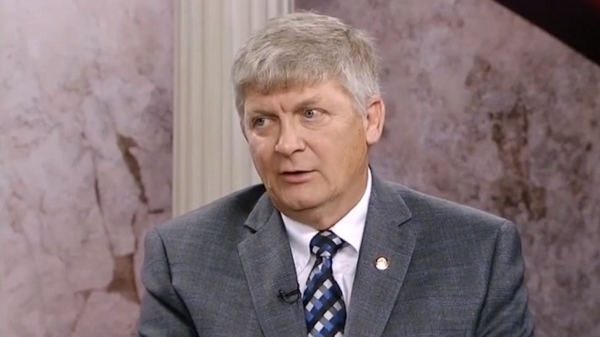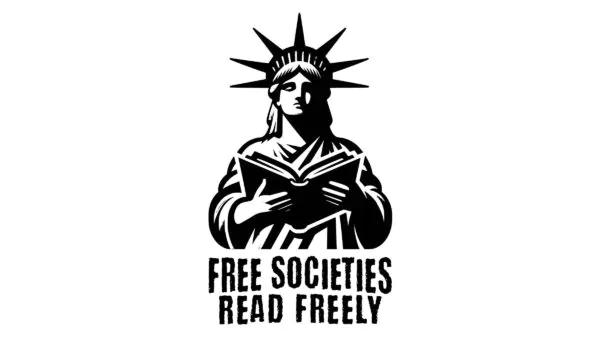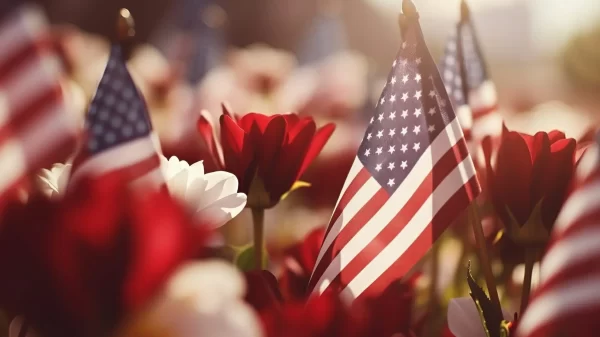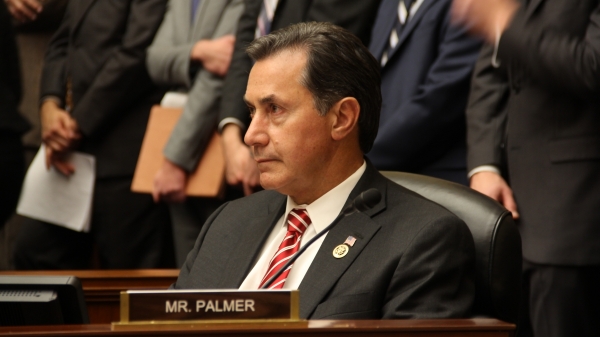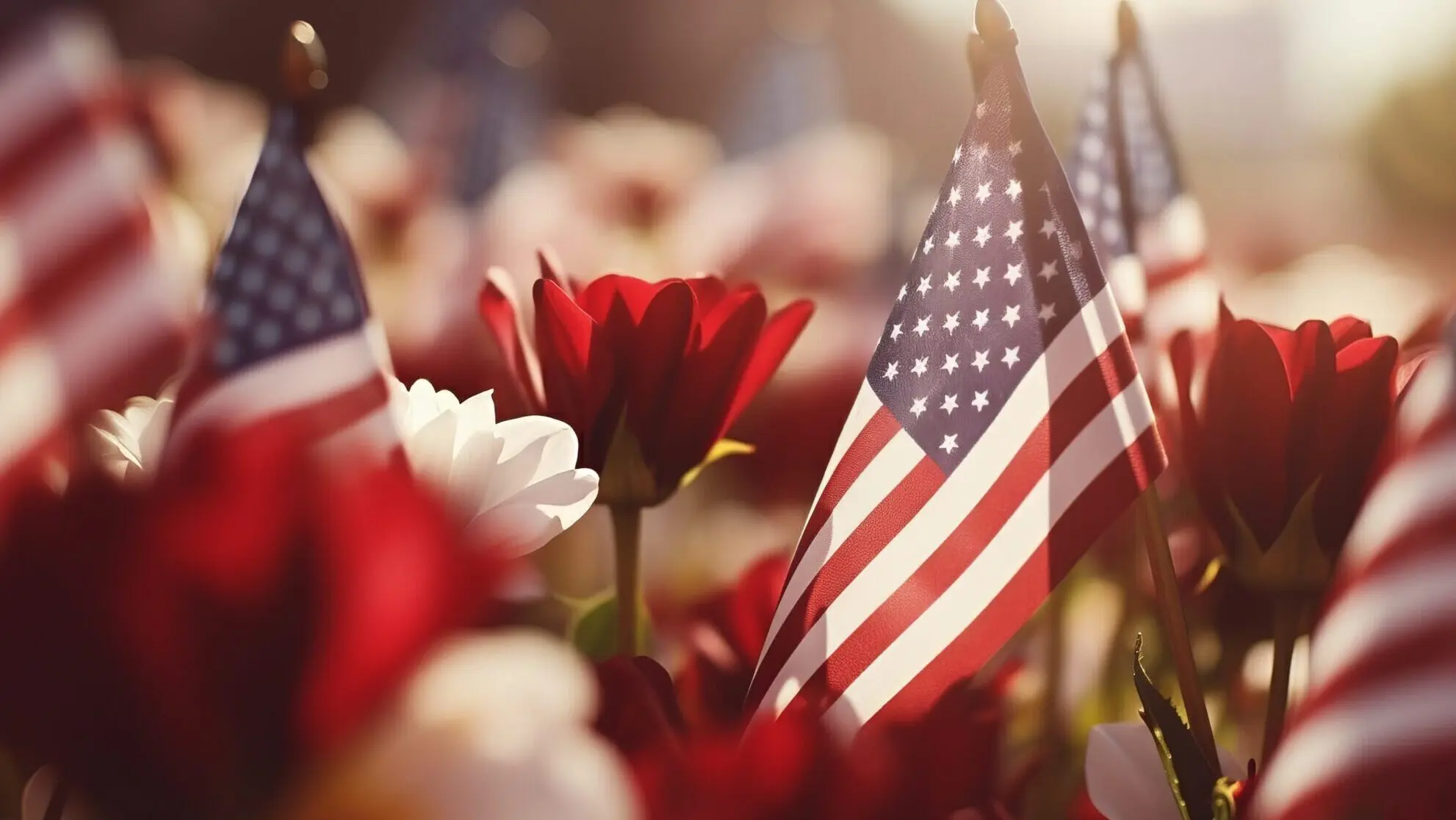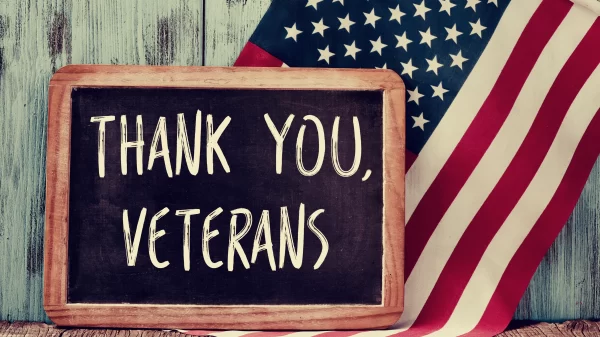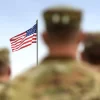Long before it became the unofficial start of summer and the opening of campaign season, Memorial Day was a national reckoning — a sacred pause born from bloodshed and bound by the solemn duty to remember. Its origins lie in the aftermath of the Civil War, when the United States was struggling to heal from the most catastrophic conflict in its history. What began as scattered local tributes to the fallen grew into a national tradition of mourning and honor, one that has evolved alongside the country itself.
As someone who’s spent years reporting on Alabama and watching how we mark our public holidays, I’ve come to believe Memorial Day tells us more about our national character than most people realize.
In the years following the Civil War, communities across the country began holding springtime tributes to fallen soldiers, decorating graves with flowers and reciting prayers. One of the earliest recorded observances occurred in April 1866 in Columbus, Mississippi, when women placed flowers on the graves of both Confederate and Union soldiers. That same year, Waterloo, New York, held a formal community-wide event, which included parades and flag displays. It is this 1866 commemoration that Congress later recognized as the official birthplace of Memorial Day.
The day became more formally recognized in 1868 when General John A. Logan, leader of a Union veterans group known as the Grand Army of the Republic, issued a proclamation calling for a nationwide “Decoration Day” on May 30. The purpose was simple yet profound: to honor those who died “in defense of their country during the late rebellion.” Logan specifically chose a date that was not associated with any particular battle, allowing for a neutral day of remembrance for all who had fallen.
By the late 19th century, Memorial Day ceremonies were being held in nearly every state, often featuring parades, speeches, and graveside services. The holiday gradually expanded to honor all American military personnel who died in any war, not just the Civil War. Following World War I, the scope of the observance grew to include the fallen from that global conflict and all others thereafter. It wasn’t until 1971, however, that Memorial Day was officially declared a federal holiday, to be observed on the last Monday in May as part of the Uniform Monday Holiday Act.
Alabama, like many Southern states, originally observed separate Confederate memorial days — some of which are still marked today. Yet in recent decades, Memorial Day has unified the nation’s remembrances under a broader recognition of sacrifice and service. Across Alabama, from the national cemetery in Montevallo to small-town monuments dotting courthouse lawns, families gather to honor the brave men and women who gave their lives in defense of the country.
Still, the meaning of Memorial Day is increasingly misunderstood or forgotten. It is often confused with Veterans Day — a separate observance held each November 11 to honor all who have served, especially those still living. Memorial Day, by contrast, is a day of mourning. It honors the fallen — the men and women who did not come home. That distinction is not semantic. It is moral, emotional, and historical. And it matters.
Confusing Memorial Day with Veterans Day is easy. Both wave the flag. Both summon national pride. But Memorial Day is not about who wore the uniform — it’s about who never took it off again. When solemnity gives way to slogans and sacrifice is smothered beneath sales, we don’t just lose clarity — we lose reverence.
Perhaps the deeper problem is not confusion, but distance. Fewer Americans have direct ties to military service than in generations past. Less than one percent of our population serves in uniform. That gap can dull our collective memory and make our words shallow. Yet if the day is to mean anything, we must resist that drift. The rituals — flags at half-staff, wreaths placed at memorials, names read aloud — are not mere tradition. They are a national act of remembering.
We shape our national identity by how we speak about Memorial Day, how we mark it, and how we teach it to the next generation. This isn’t someone else’s job. It’s ours. Words carry weight. So does remembrance. “We cannot dedicate — we cannot consecrate — we cannot hallow — this ground,” Lincoln said at Gettysburg. But what we can do, still, is remember why they died.
And so we pause. We remember. Not out of habit, but out of obligation. Because the cost of liberty is written in names we must never forget — and in silence, we honor what words alone can never repay.

